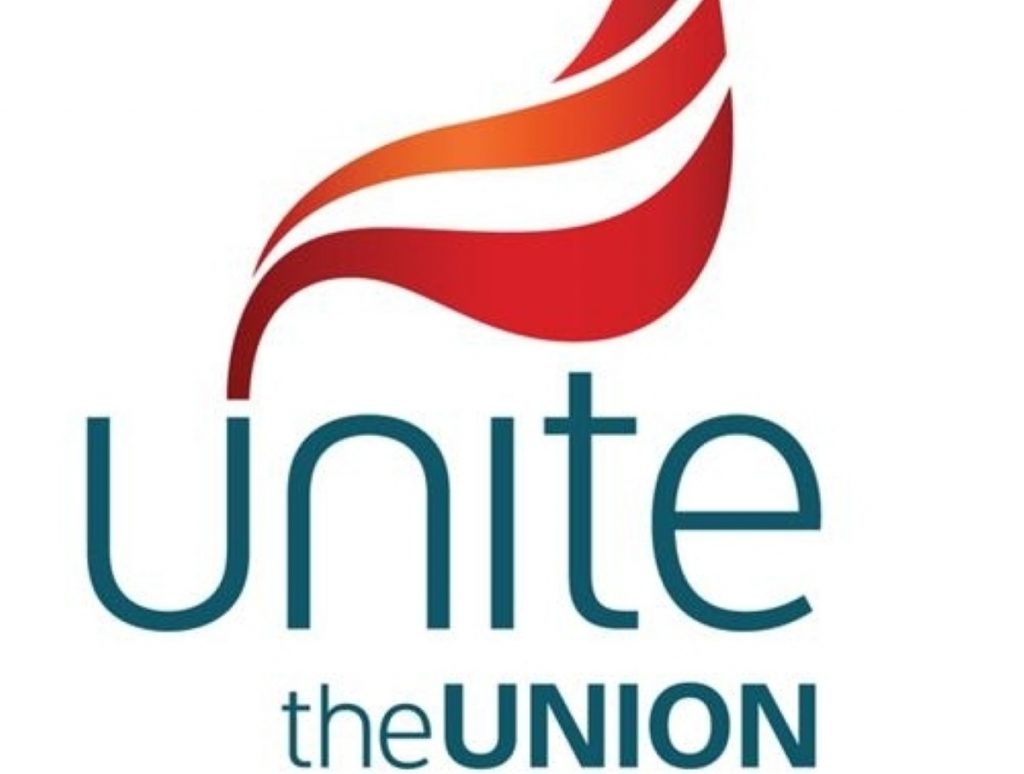TGWU: Capital claim for London’s bus workers
London’s 23,000 bus drivers are today demanding a standard wage and a cut in driving hours across all the city’s bus operators. This co-ordinated capital claim is the first direct challenge to all the bus companies since privatisation in the 1980s. Later this month a similar capital-wide claim will be lodged for other bus workers.
Unite: the union, which is presenting the claim, said London’s buses are a ‘class act’ yet. Despite the real progress made since the formation of Transport for London, this is not reflected in bus workers’ pay. Pay rates for a London bus driver can vary from £20,000 to £28,000, including overtime, shift allowances, bonuses and unsocial hours payments
Unite senior regional industrial organiser Peter Kavanagh said: “Bus workers keep this city moving. Our members carry six million passengers in the capital every day, more than all other modes of transport put together. They work in extremely stressful conditions, and many of them, especially those working for companies at the lower end of the market, cannot afford to live in our city.”
Peter Kavanagh said London’s bus drivers perform the same duties and drive the same buses, carrying the same passengers for the same fares, yet their pay and conditions vary significantly from one company to another. He blamed the competitive tendering system for creating a divided workforce and said Unite is determined to tackle this through a coordinated wage strategy for the first time since privatisation.
“There can be no justification for the huge disparities that exist between workers performing identical jobs within our integrated transport network,” he stressed. “Unite is now demanding an end to this divisive and unfair system, conscious that the money for our members’ wages all comes from the same pot. As we negotiate over the coming months, we expect the employers to respond positively to our demands.
“We are also determined to secure standard conditions on driving time and working hours, in the interests of public safety and our drivers’ health.”
The key points in the claim are:
. A maximum of 4 hour 30 minutes of continuous driving duty before a break
. 7 hours 36 minutes maximum time on duty per day
. 38 hour weekly time on duty
. Time on duty to be spread over a maximum of 10 hours daily (currently a 12-hour spread)
. Drivers to be allowed a minimum of 20 minutes to carry out security and safety checks on their bus before beginning to drive
. A minimum of 11 hours between duties
. A minimum of £30,000 a year or a 5 per cent increase, whichever is the greater.
Unite is also seeking a commitment from the employers to exploratory discussions on centralised pay talks covering the London area through the Bus Operators forum.
Ends
Further information: Peter Kavanagh 07980 721422
Unite media office: 020 7611 2550
Demand equal rights for agency workers
British employment law fails to protect the country’s 1.4 million agency workers. The Temporary and Agency Workers bill would outlaw discrimination against agency workers and is backed by Unite, other unions and the TUC. On 22nd February, 157 MPs backed the bill, a momentous vote to end undercutting and abuse. But with government yet to back the bill, the fight for workplace justice has not yet been won. Keep pledging your support. Find out more on how you can get involved in the campaign.
If you want to know more about the T&G, visit us at www.tgwu.org.uk or contact our head office on 0207 611 2500.





-01.png)